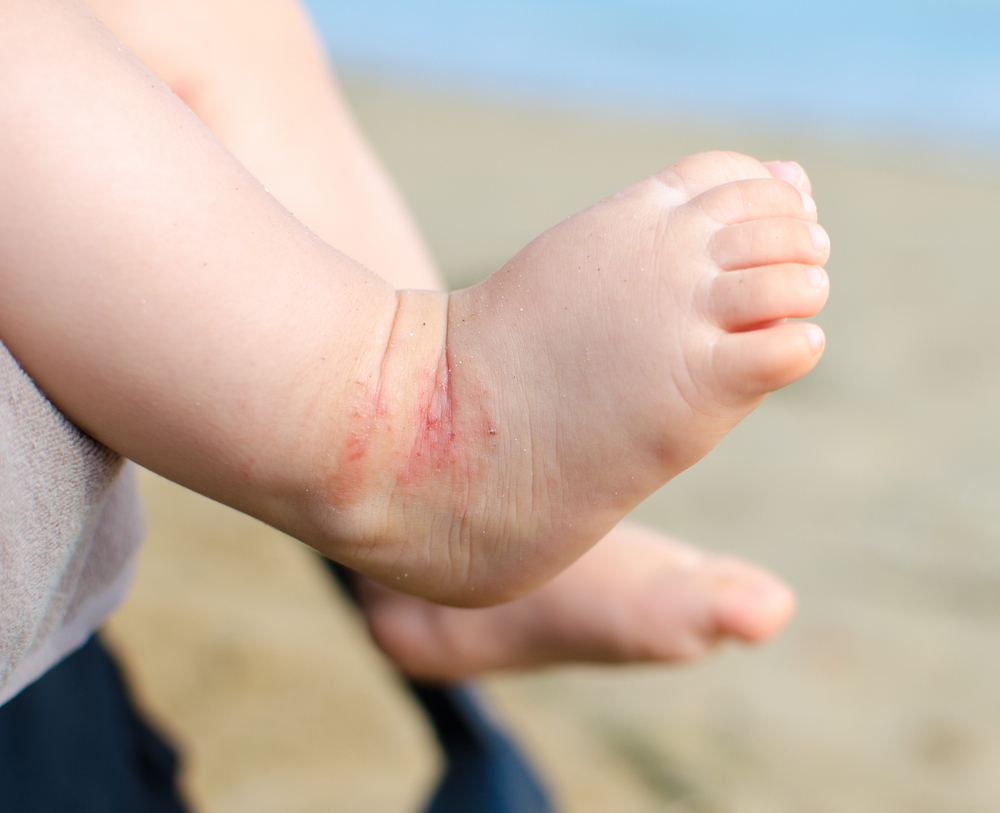
Myth 1: Eczema can be cured
At present, no drug can cure eczema.
There are usually two main causes of eczema: heredity/allergy.
Allergy refers to the fact that under certain circumstances, The abnormal overreaction of some people’s bodies to normal external factors, It is the human body’s defense system-diseases caused by immaturity or imbalance of the immune system. We cannot treat them by destroying the human body’s defense system, and there is no radical cure. The only treatment methods we can adopt are to avoid exposure to allergens as much as possible, to control symptoms by nursing or drugs, and to prevent recurrence.
Myth 2: Eczema Babies Must Avoid
Food allergy is indeed a common problem, However, clinical evidence shows that avoiding these suspected allergic foods necessary for the growth and development of babies cannot effectively prevent and relieve the onset of eczema in infants. Unless food allergy is considered only for severe eczema with widespread onset of the whole body, it is of little significance to find food allergens for mild to moderate eczema.
Long eczema does not necessarily affect the growth and development of the baby, but lack of nutrition will definitely affect the growth and development of the baby. Don’t give your baby a diet easily.
Myth 3: Eczema Care Should Keep Dry
As the name implies, many people think that eczema is caused by too wet skin. In fact, on the contrary, eczema skin is very afraid of dryness and needs to be kept moist frequently.
Therefore, moisturizing is the basis of eczema skin care, and doing a good job in moisturizing can get twice the result with half the effort. Parents should choose such dosage forms as cream and cream when choosing moisturizing products for their children, instead of dew, because dew will evaporate quickly after being applied to the skin and cannot continue to moisturize the skin.
Myth 4: Hormones have too many side effects to be used for babies,
The treatment of eczema does not require oral hormone, let alone hormone injection. What is needed is external hormone ointment. The adverse reactions of long-term use of such drugs are often limited to the skin, which is manifested as skin thinning or pigmentation.
